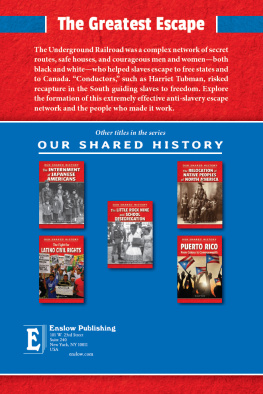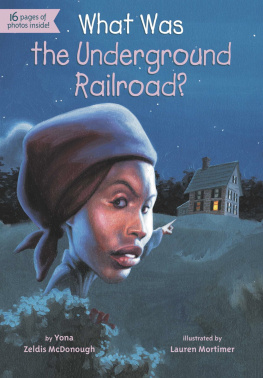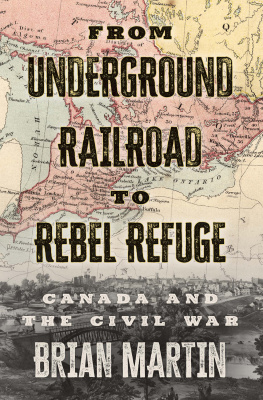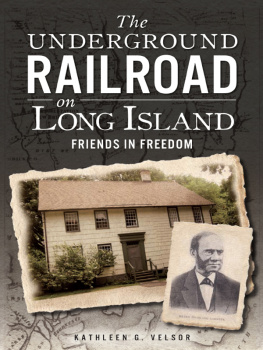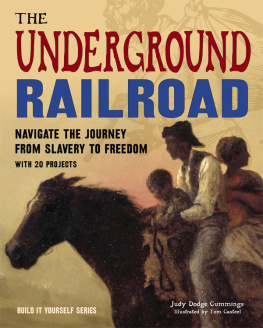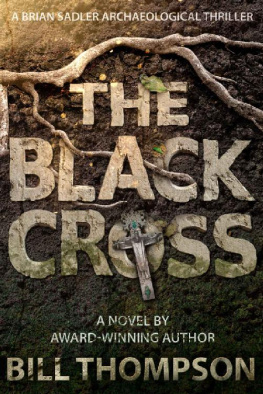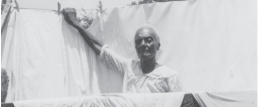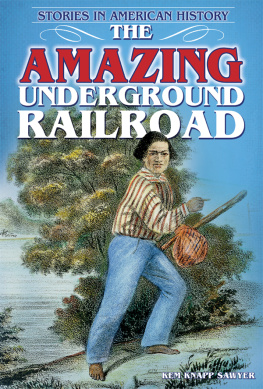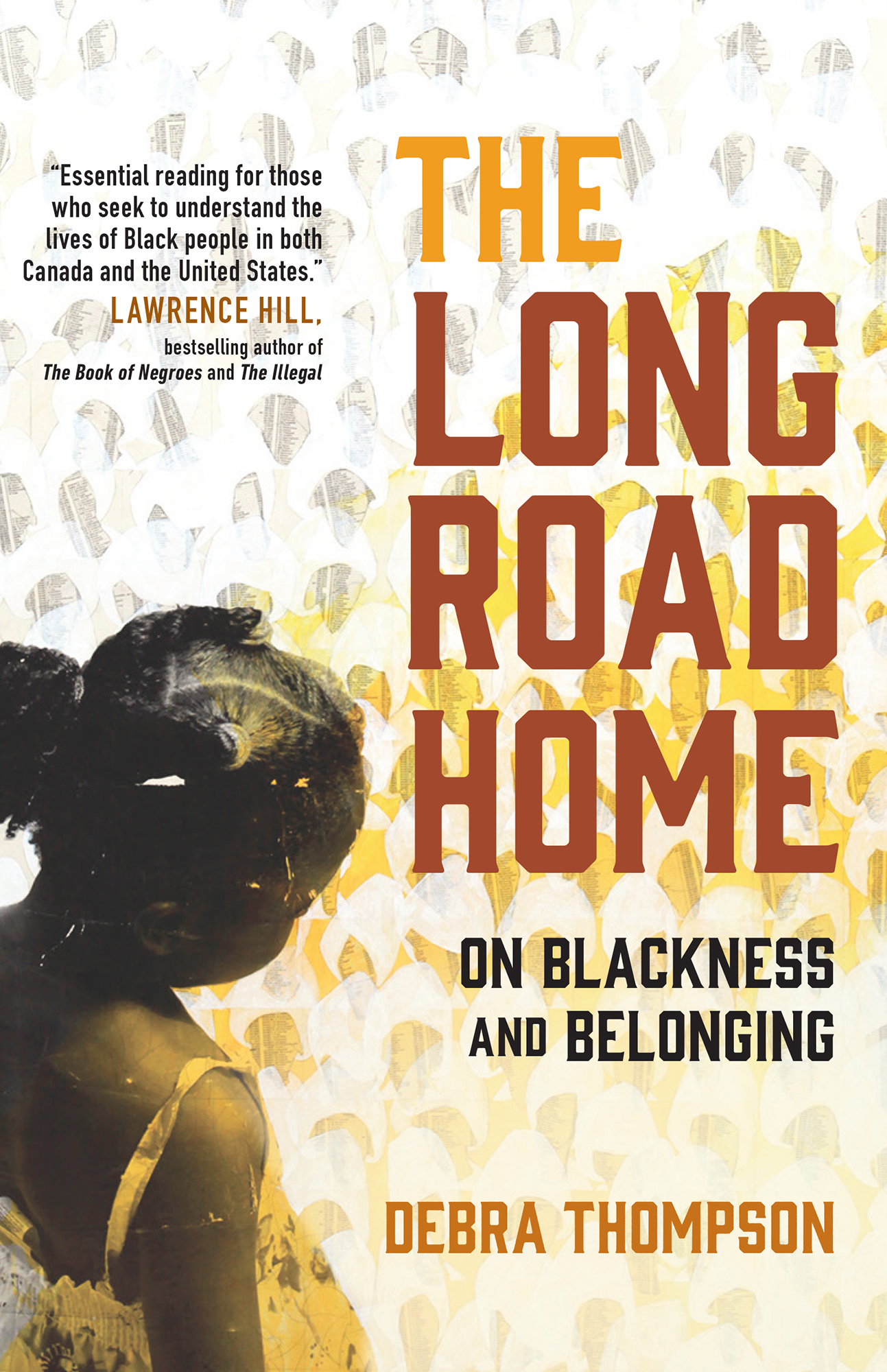Contents
Guide
The Long Road Home
Essential reading for those who seek to understand the lives of Black people in both Canada and the United States.
Lawrence Hill, bestselling author of The Book of Nagroes and The Illegal
On Blackness and Belonging
Debra Thompson
This book is dedicated to:
First, my ancestors in the space between worlds.
Second, organizers, activists, and resistance fighters, with gratitude.
Third, my students, who teach me in turn.
Fourth, my loves, still/always/forevermore.
Fifth, all those who believe we can remake the world.
[Y]ou dont write about racism, you write about life. It is life you must write about. It is life you must insist on.
Dionne Brand, A Map to the Door of No Return
BEGINNINGS We Came Back Too Soon
I n the early days of 2020, months before George Floyds murder in Minneapolis sparked the kinetic uprisings across North America, my father said, You know, Debra, your daughter was the first Thompson born in America since Cornelius Thompson escaped slavery. Its been over a hundred and fifty years, and some days I think we came back too soon.
My father was born in 1944 and spent the first years of his childhood in Shrewsbury, Ontario. Its a tiny town about fifty miles east of Detroit on the shores of Lake Erie. It, and other neighboring towns such as Buxton and Dresden, were among the last stops on the Underground Railroad. In 1850, the United States Congress passed the Fugitive Slave Act as part of a larger series of political compromises made between the southern enslaving states and the free northern states. It required law enforcement officials to arrest people suspected of being runaway slaves based on little or no evidence and penalized any official who dared not comply. Any person found aiding a runaway slave by providing food or shelter was liable to six months imprisonment and a $1,000 fine. Monetary awards were offered to anyone who captured a fugitive slave. Those suspected of being runaway slaves were not eligible for a trial and could neither testify on their own behalf nor defend themselves against the accusations. The result was the legalization of a national program of mass kidnapping and enslavement of free Blacks across the United States. But the Fugitive Slave Act did not extend to Canada, and to Canada thousands fled, including my grandfathers grandfather, Cornelius Thompson.
Many of the people who escaped to Canada went back to the United States after the Civil War to find the loved ones left behind, stolen from them, or lost along the way. But generations of those descended from Black American refugees from slavery still live in southwestern Ontario, including my fathers family. Because the communities were rural and segregated, my kin have the most wonderful way of speaking, their southern intonations inflected with unambiguously Canadian accents. My father says thee-ater and pronounces the w-h in white. He talks in the same rhythmic riddles that characterize barbershop talk in African American communities and cultures. He says things like, You know, Debra, those politicians got nothing more than a nodding acquaintance with the truth. But he is also staunchly, proudly, fiercely Canadian, and his accent appears plainly in words like about and sorry.
Dad doesnt know where Cornelius or the others in the overgrown Shrewsbury graveyard escaped from. He thought he heard someone talking about West Virginia or Alabama once, but Debra, he said, youre looking for ghosts. Youre looking for evidence left behind by people who were trying to hide, and whose lives depended on how well and for how long they could do it.
So many of our stories are ghost stories. How could they not be? African-descended people in the Americas are connected by the horrors of the Middle Passagethe point during the triangular route of the transatlantic slave trade when Africans were violently kidnapped from their traditional territories, commodified as objects, forcibly transported to the New World, and sold as property. So, too, the deep of the Atlantic, the goddess Yemayas domain, holds a place in our collective memory. There is blood in the water; it is the fathoms of the dead.
When I decided to move to the United States more than a decade ago, I thought the ghosts of my ancestors would welcome me home. I felt like I was returning to the land of my ancestors birth, the country they built, where they prayed, and sweated, and toiled, and were tortured, and resisted, and fought, and wept as their children were stolen and sold, and were traumatized as they were raped for profit and murdered for sport, the country where they died, the places they still haunt. They escaped and I returned to lay claim to the opportunities and the humanity they were refused. I thought I was going home.
I was wrong. But not in the way you might think.
In the opening pages of The Souls of Black Folk, published in 1903, the prolific African American sociologist W. E. B. Du Bois identified the so-called Negro problem as the unasked question of white America. They approach me in a half-hesitant sort of way, he writes, eye me curiously or compassionately, and then, instead of saying directly, How does it feel to be a problem? they say, I know an excellent colored man in my town; or, I fought at Mechanicsville; or, Do not these Southern outrages make your blood boil? At these I smile, or am interested, or reduce the boiling to a simmer, as the occasion may require. To the real question, How does it feel to be a problem? I answer seldom a word.
I grew up in Oshawa, Ontario, and spent most of my life in Canada not exactly as a problem per se, but rather as the Only Onethe only Black person in any space, anywhere, anytime, every time. It was only after I moved to the United States in 2010 that I often found myself thinking about Du Boiss infamous question. Between 2010 and 2020 I lived in four very different places, each with a complicated history of racism. My initiation to American life was in Cambridge, Massachusetts, on the outskirts of Boston, the birthplace of American freedom. Next I lived for four long, challenging years in Athens, Ohio, a very small, very white college town in the poorest county in the state, nestled in the foothills of the Appalachian Mountains. In 2015 I moved to Chicago, Illinois, the great Black Metropolis, and bore witness to the colliding legacies of Emmett Till, Fred Hampton, and Michelle Obama. My last years in the United States were spent in Oregon, founded as a white ethno-state, where the clash between the rugged frontier and the untamed coast mimicked the disparate ideological forces at play in state politics.
How does it feel to be a problem? Riding the Red Line to Harvard Station, I watched young Black men get on the subway, laughing and joking as teenagers do. I watched as the white people in the vicinity surreptitiously moved away and avoided eye contact with them.
I thought of this question when I began my first teaching position at Ohio University. I was running along the Hocking River path when a pickup truck zoomed by and a mans voice screamed, HEY NIGGER! It wasnt the first or the last time something like this happened. But the worst was yet to come, and it would come from my white liberal colleagues, so desperate to be seen as progressive and tolerant to my face, but resentful and vindictive behind my back.


